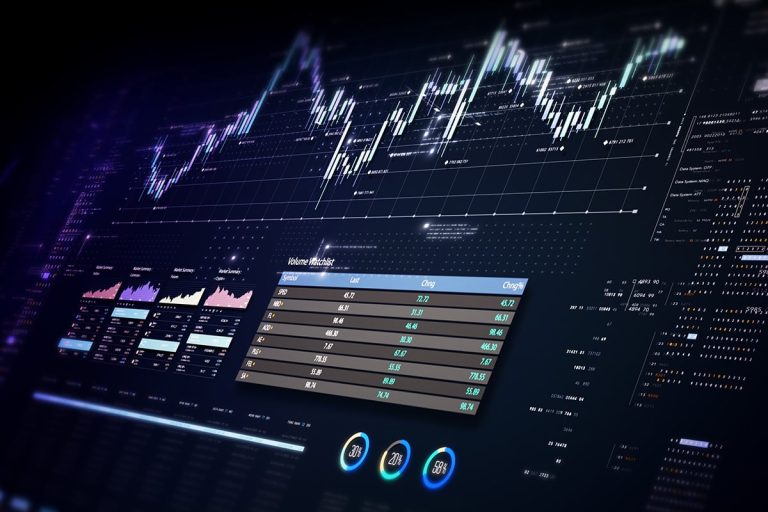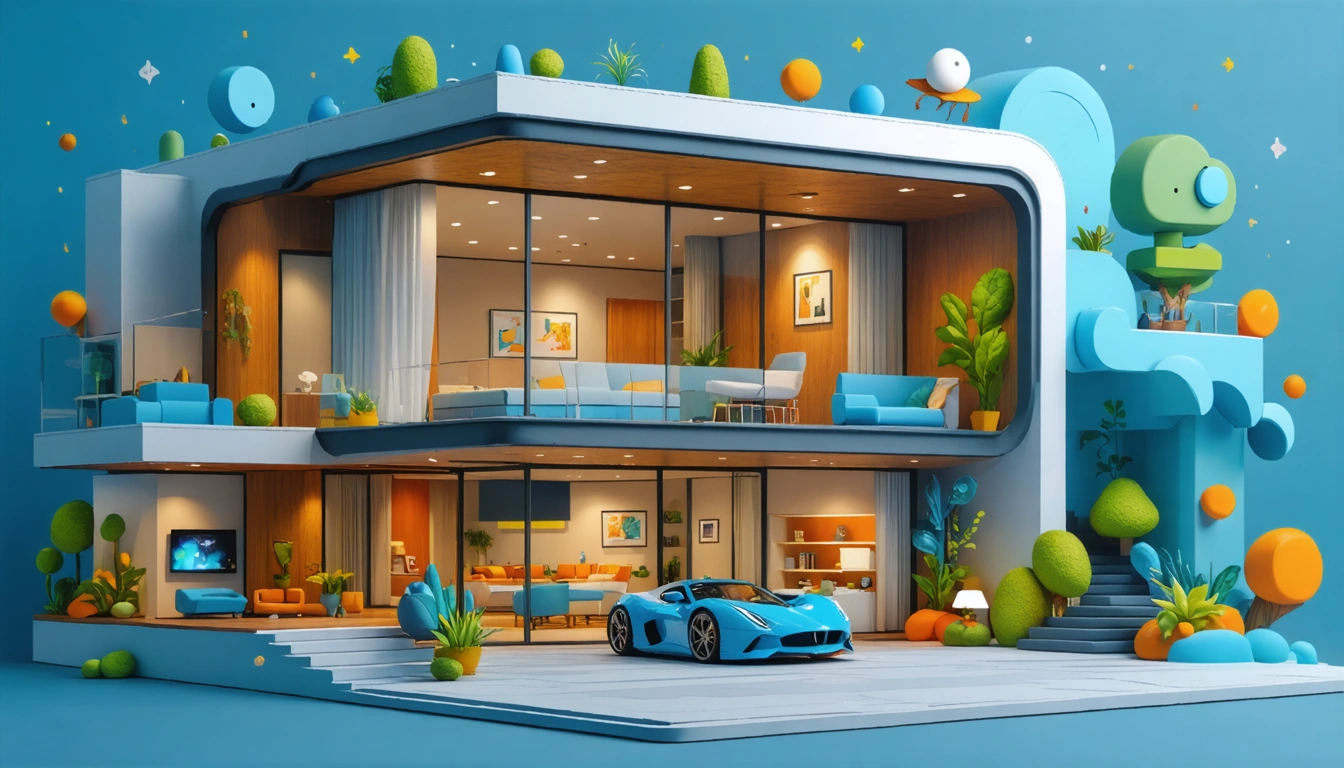
Home Automation in 2025: The Smart Home Ecosystem
Home Automation in 2025: The Smart Home Ecosystem is revolutionizing the way we live, work, and interact with our living spaces. With the integration of artificial intelligence, Internet of Things (IoT), and smart devices, our homes are becoming more intelligent, efficient, and comfortable.
Introduction to Home Automation
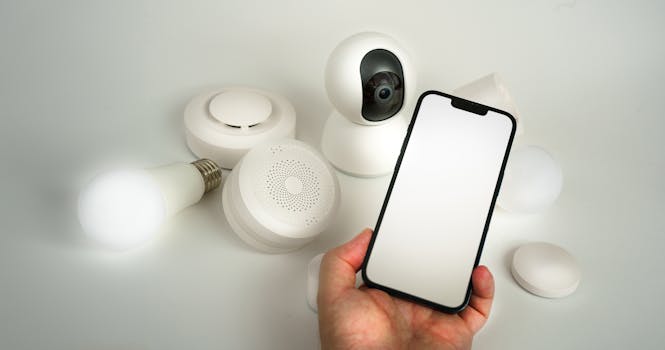
Home automation refers to the use of technology to control and monitor various aspects of our homes, such as lighting, temperature, security, and entertainment systems. This can be achieved through a variety of devices and systems, including smart thermostats, security cameras, smart speakers, and more.
The benefits of home automation are numerous, including increased convenience, energy efficiency, and enhanced safety and security. With the ability to control and monitor our homes remotely, we can enjoy a more relaxed and stress-free lifestyle, knowing that our homes are secure and comfortable.
Smart Home Devices and Systems
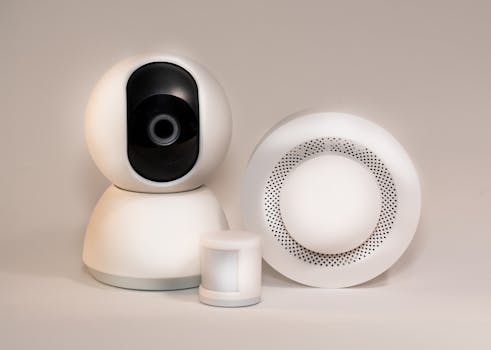
There are numerous smart home devices and systems available on the market, each designed to cater to specific needs and preferences. Some popular smart home devices include:
- Smart thermostats, such as Nest and Ecobee, which learn our temperature preferences and adjust the temperature accordingly
- Security cameras, such as Ring and August, which provide real-time video feed and motion detection
- Smart speakers, such as Amazon Echo and Google Home, which allow us to control our homes with voice commands
- Smart lighting systems, such as Philips Hue and LIFX, which can be controlled and scheduled remotely
These devices and systems can be integrated with each other and with other smart devices, creating a comprehensive and seamless smart home ecosystem.
Artificial Intelligence and Home Automation
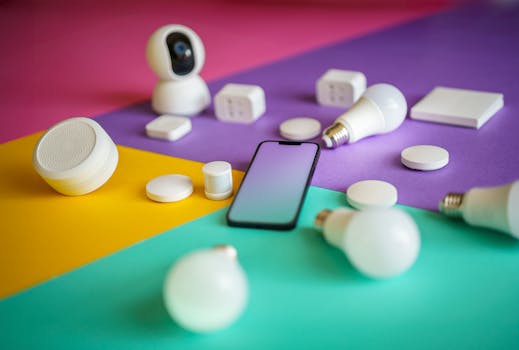
Artificial intelligence (AI) is playing an increasingly important role in home automation, enabling our homes to learn our habits and preferences and adjust accordingly. With AI-powered smart home devices and systems, we can enjoy a more personalized and intuitive smart home experience.
For example, AI-powered smart thermostats can learn our temperature preferences and adjust the temperature accordingly, while AI-powered smart lighting systems can adjust the lighting levels and colors based on our activities and mood.
Conclusion
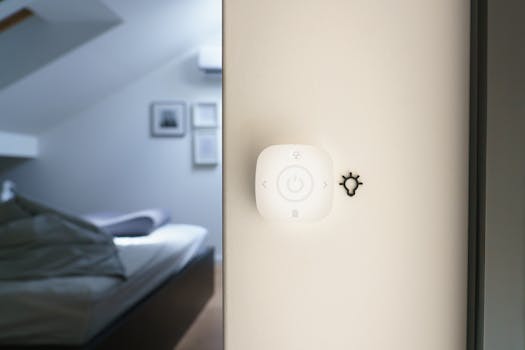
In conclusion, home automation in 2025 is all about creating a smart home ecosystem that makes life easier, more convenient, and enjoyable. With the integration of artificial intelligence, IoT, and smart devices, our homes are becoming more intelligent, efficient, and comfortable. Whether you’re looking to enhance your safety and security, increase your energy efficiency, or simply enjoy a more relaxed and stress-free lifestyle, home automation has something to offer.
